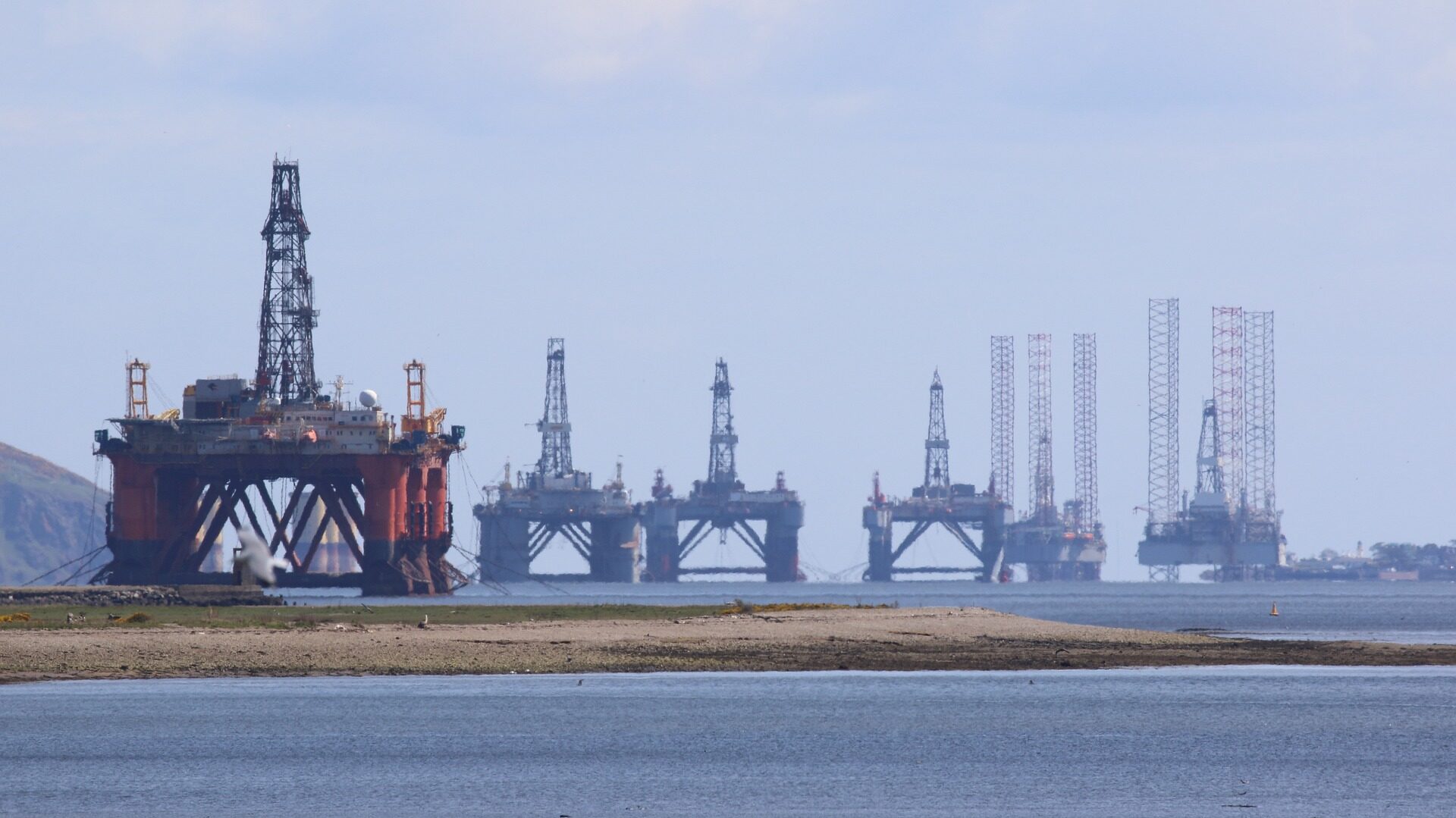Even as the urgent need to phase out fossil fuels becomes clearer, the oil and gas industry continues to expand into new regions around the world.

CIEL provides ongoing support to partners who are fighting to protect their communities from being harmed and prevent their countries from being pulled into new or greater dependence on a product that, despite having no future of its own, threatens the future of communities, ecosystems, and humanity as a whole.
In the Caribbean, where new offshore oil and gas projects are putting not only the climate at risk, but also biodiverse coastal and marine environments and the millions of people whose lives and livelihoods depend on them, we are working with local partners to develop a cohesive strategy to fight fossil fuel expansion. In September 2021, we co-convened civil society partners from eleven countries to collaborate, exchange ideas, and strengthen the movement working to make oceans everywhere off-limits to oil and gas development. Just two months later, thirty-two Caribbean networks and organizations from nine countries, supported by CIEL and more than a dozen international partners, issued a first-of-its-kind declaration calling for a moratorium on offshore drilling in the Caribbean Sea.
Across the globe in East Africa, we are supporting local organizations working to stop the East African Crude Oil Pipeline (EACOP). The project, which is already causing harm to affected populations, would open up massive new oil fields, unleash millions of tons of greenhouse gases, and threaten communities and biodiverse habitats all along the pipeline route. With international allies, we are warning banks not to finance EACOP, raising concerns with international human rights bodies, and amplifying legal challenges. Our advocacy has helped put a major Japanese bank involved in the project under the spotlight, secured commitments from at least twenty banks and thirteen insurers not to support EACOP, and brought concerns about the pipeline’s impacts in Tanzania before the UN Human Rights Committee. These efforts are part of a broader movement building opposition to EACOP and supporting local demands for fossil-free, community-driven alternatives.
